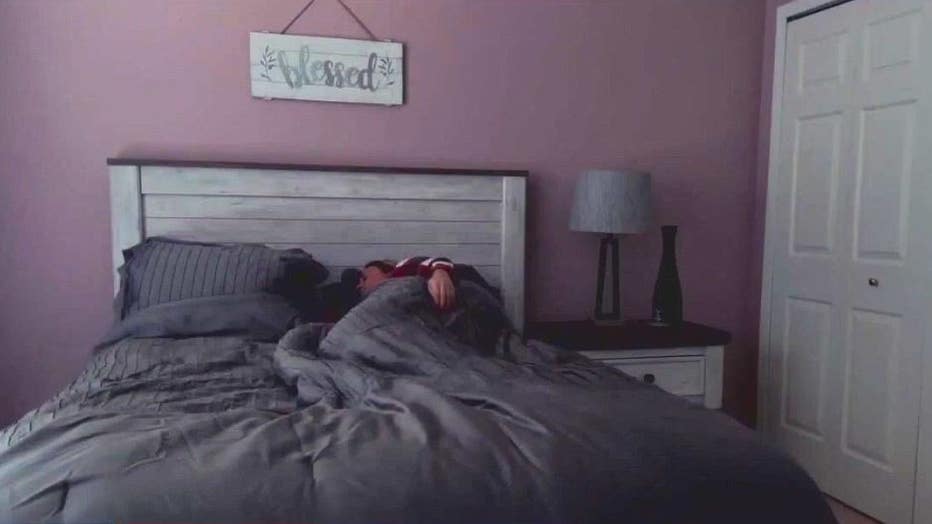Daylight Savings Time is almost here; the doctor explains how to make the transition easier
Daylight Savings Time is near, but a sleep strategy can ease the transition
It's almost time to engage in that debate that gets us all fired up twice a year - changing the clocks.
FOX 2 - In a country filled with people who are already sleep-deprived, losing an hour of sleep when we flip the clocks forward might not be great. But we're also giving you lots of notice - to take control of your sleep!
Big picture view:
It's almost time to engage in that debate that gets us all fired up twice a year - changing the clocks.
Like it or not, Daylight Saving Time returns a week from Sunday. Yes, you might feel like you're losing an hour of sleep, but that's where the strategy comes into play.
Save the date - Sunday March 9th we ‘spring ahead’ with the time change. And for many people, losing one hour of sleep can be pretty disruptive.
Doctor Nancy Foldvary from Cleveland Clinic, explains.
"With the shift forward in the springtime, we lose one hour of sleep. and that may not seem like a lot, but there are a couple of important points. You know, one is that it takes time for our circadian rhythm to become aligned again with the light dark cycle with sunlight and darkness."
The doctor says we can't afford to lose another hour of sleep and the impact might be significant. For example, a person may notice they’re more irritable or moody.
They may also feel tired, which can be incredibly dangerous if they’re driving. Every year there are reports of car accidents on the Monday right after the time change.
There's also a rise in heart attacks, stroke, depression and suicide. Doctor Foldvary says it’s unclear why that is exactly.
So, what can people do to help adjust in advance? She recommends going to sleep earlier, keeping your bedroom dark and avoiding electronics in there as well.
"As is common things that really can affect our sleep," she said. "Like avoiding alcohol before bedtime, like avoiding heavy exercise before bedtime, which is stimulating, doing exercise in the morning, using caffeine strategically in the morning and not later in the day.
"These are all things that collectively help us promote good sleep anytime, but they're particularly helpful around times of potential sleep loss."
Here's a little history for you. Before time zones were established in the US in 1883, we had 144 time zones.
In 1918, as railroad transportation expanded, we needed time to coordinate, helping with connections and avoiding collisions.
Daylight Saving Time has been debated ever since. It's largely seen as a way to save energy and make the most use of the sunlight.
Information for this story was taken from an interview with Doctor Nancy Foldvary from Cleveland Clinic.
The Source: Information for this story was taken from an interview with Doctor Nancy Foldvary from Cleveland Clinic.


